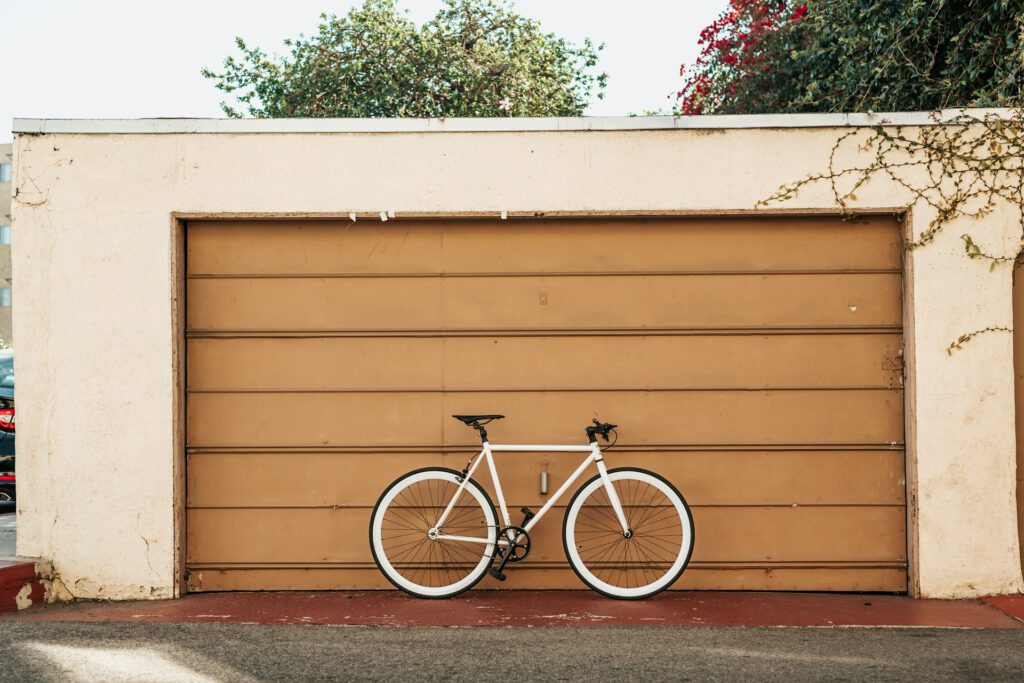The garage door is an essential aspect of your home, providing both security and visual appeal. Choosing the right material for your garage door not only enhances its functionality but also contributes to your home’s overall curb appeal. With various materials available, each offering unique benefits and style options, it can be daunting to determine the best choice for your needs. In this blog post, we’ll provide a comprehensive guide to some of the most popular garage door materials, discussing their properties, advantages, and drawbacks to help you make an educated decision.
When selecting a material for your garage door, consider factors such as durability, maintenance requirements, insulation, cost, and aesthetics. By understanding the pros and cons of each garage door material, you can narrow down your options and select the best fit for your home, budget, and lifestyle. Regardless of the material you choose, remember that proper installation and regular maintenance are crucial to ensure your garage door operates smoothly for years to come.
Steel Garage Doors: Strength and Versatility
Steel is a popular material for garage doors due to its combination of strength, durability, and range of style options. It’s resistant to common sources of garage door damage, thanks to its sturdy nature. Steel doors often come with insulation options, which makes them an energy-efficient choice for homeowners looking to reduce their energy bills and maintain a comfortable garage environment.
There are a few drawbacks to steel garage doors, however. They can be prone to rust and corrosion in areas with high humidity or salty air, requiring periodic maintenance to prevent these issues. Additionally, despite their durability, steel doors can be susceptible to dents and scratches that may be challenging to repair.
Wooden Garage Doors: Timeless Beauty and Customization
Wooden garage doors offer a classic, upscale appearance, making them a sought-after choice for style-conscious homeowners. With a variety of wood types, finishes, and designs available, it’s easy to create a unique look that complements the architectural design of your home. Wooden doors are also attractive to those who appreciate the natural warmth and character of wood as a building material.
The primary downside to wooden garage doors is the maintenance commitment they require. Wood is prone to warping, cracking, and rotting when subjected to moisture and extreme weather conditions. To maintain the beauty and integrity of a wooden garage door, homeowners must perform regular inspections, sealing, staining, and refinishing.
Aluminum Garage Doors: Lightweight and Low-Maintenance
Aluminum garage doors are renowned for their lightweight construction and resistance to rust and corrosion. Since aluminum is easier to lift and lower than its heavier counterparts, it often places less strain on the garage door’s spring system, contributing to its longevity. Moreover, aluminum’s resistance to rusting and corrosion makes it an ideal choice for homes in coastal or humid areas.
In terms of aesthetics, aluminum garage doors offer numerous design and finish options, including wood grain textures and powder-coated colors. However, it’s worth noting that aluminum doors can be more susceptible to dents and damage than steel or wood alternatives.
Vinyl Garage Doors: Durability and Hassle-Free Maintenance
For homeowners prioritizing durability and minimal maintenance, vinyl garage doors are an ideal solution. Made of high-quality polyvinyl chloride (PVC), these doors are resistant to dents, warping, and rot. They also require little to no maintenance beyond occasional cleaning with soap and water, making them a hassle-free and cost-effective option.
Vinyl garage doors are available in many styles, colors, and textures, often designed to mimic the look of traditional materials such as wood. One downside to consider is that they may lack the high-end appearance and feel of other materials, and their color options may be more limited than those found in steel or aluminum doors.
Making The Right Choice for Your Home
Once you’ve considered the pros and cons of each garage door material, the next step is to assess which options best align with your priorities, budget, and aesthetic preferences. Here are a few questions to help guide your decision-making process:
1. What is your budget? Wooden doors often come at a higher price point than steel, aluminum, or vinyl options. Consider your available budget and the long-term cost implications, including maintenance requirements.
2. How important is energy efficiency? If conserving energy is a priority, look for insulated options in your preferred material, such as steel doors with an added layer of insulation.
3. What is your desired level of maintenance? Wooden doors demand the most maintenance, while vinyl and aluminum options are typically low-maintenance.
4. How important is style and aesthetics? If you want a high-end, customizable garage door, wooden doors may be the best fit. If you prefer a more modern and sleek appearance, opt for steel or aluminum.
Consult the Experts for the Perfect Garage Door Material
Ultimately, selecting the best garage door material involves a combination of factors, including your personal preferences, budget, and desired level of maintenance. By carefully considering each material’s strengths and drawbacks, you’ll be better equipped to choose the perfect garage door for your home.
When you’re ready to make a decision or need professional guidance, the experts at Tarrant County Door and Gate are here to help. With years of industry experience and expertise, our team can provide valuable insights and assistance in installing and maintaining the ideal garage door for your unique needs. No matter your chosen material, you can trust us to deliver outstanding garage door and gate services that ensure the beauty and security of your home for years to come.

